September 2017
"Allowing all talents to study"
News
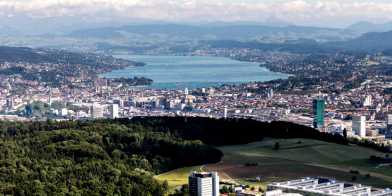
In the ETH domain, tuition fees are to be increased by 500 Swiss francs per year. After the increase, ETH Zurich's tuition fees are roughly on a par with those of other Swiss universities. Definitive decision on this proposal will be made in March 2018.
5 professors appointed
News
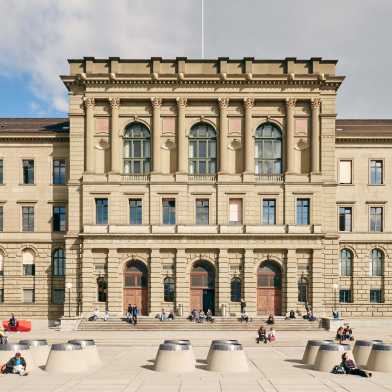
The ETH Board appointed 5 new professors upon application of ETH President Lino Guzzella.
Biodegradable microsensors for food monitoring
News
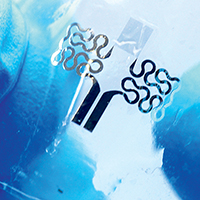
A new generation of microsensors could provide the vital link between food products and the Internet of Things. ETH researchers have developed an ultra-thin temperature sensor that is both biocompatible and biodegradable.
Holograms for molecules
News
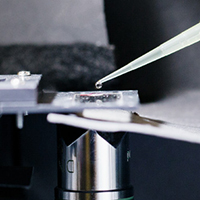
Scientists at ETH Zurich and Roche have developed a completely new method for the analysis of molecules in liquids on a chip. The possible applications of this technology are immense. It has the potential, inter alia, to revolutionise medical diagnostics.
New regulator for liver regeneration
News
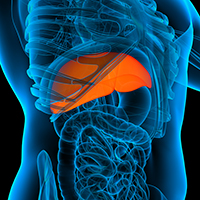
By performing large-scale proteomics analysis of liver proteins, ETH researchers have discovered a protein that is essential for liver regeneration. They have also figured out the mechanism of the protein’s function.
After the Desertec hype: is concentrating solar power still alive?
Zukunftsblog
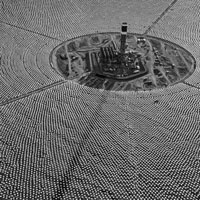
Concentrating solar power (CSP) has the potential to play a key role in balancing renewable energy production, but today the technology is living in the shadow of photovoltaics. A closer look at the cost trends and the history of the industry may give new hope for CSP.
A win-win for students and companies
Globe magazine
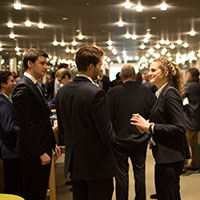
From app development to market analysis: talented students in the ETH juniors club have supplied expertise to companies for 20 years. A success for all involved.
“Blockchain has been hyped up”
News
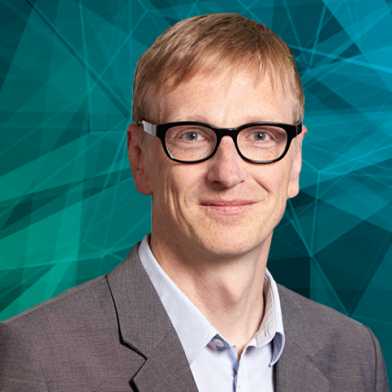
ETH Professor Roger Wattenhofer discusses how blockchain, bitcoin and digitalisation may affect our society.
Rapid imaging of granular matter
News
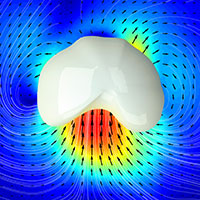
Granular systems such as gravel or powders can be found everywhere, but studying them is not easy. Researchers at ETH Zurich have now developed a method by which pictures of the inside of granular systems can be taken ten thousand times faster than before.
Becoming the CERN of urban planning
News

The Future Cities Laboratory (FCL) in Singapore tackles concrete problems that will only become a reality in temperate climate zones such as Switzerland in the future. According to Peter Edwards, the outgoing director of the ETH hub in Asia, and Gerhard Schmitt, who is set to take over this post once again, this opens up opportunities to use expert knowledge to tackle challenges in metropolitan areas.